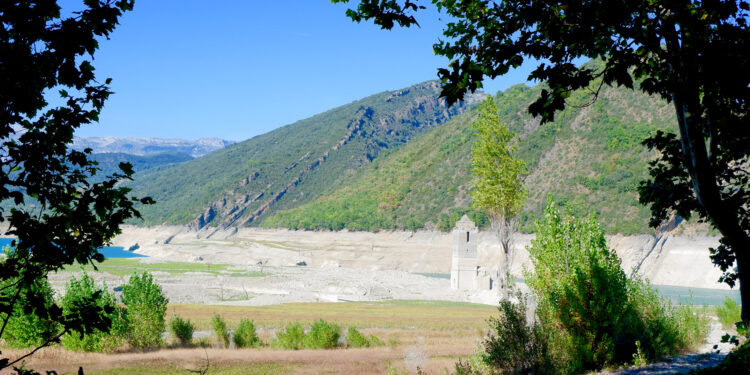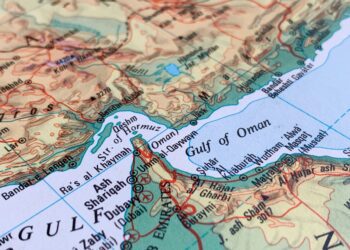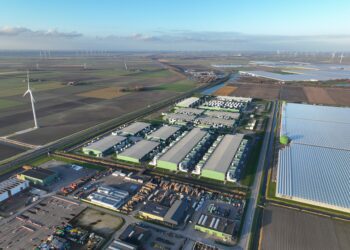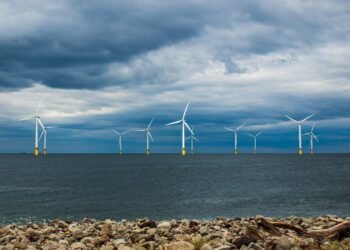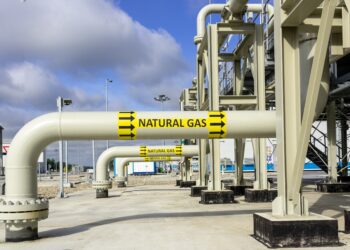Europe’s ambitious artificial intelligence strategy is at risk of colliding with an often overlooked but critically important environmental issue: water scarcity.
The European Union has big plans for data center expansion, announcing in April that it intends to at least triple its capacity over the next five to seven years as part of a push to become a world-class AI hub.
The rapid rollout of data centers, which power all aspects of the digital economy, from social media and online banking to AI tools like ChatGPT, has sparked some concern — particularly in regions already facing water scarcity.
The issue is especially acute across southern Europe, with around 30% of the population known to be situated in areas with permanent water stress. This refers to a situation where the demand for water exceeds the available supply during a specific period.
Data centers typically require large quantities of water to keep them from overheating.
Major tech companies like Amazon, Microsoft and Metahave invested billions of U.S. dollars in new facilities in Spain, for instance, while Google has plans to develop three hubs in Greece’s Attica region.
Kevin Grecksch, associate professor of water science, policy and management at the U.K.’s University of Oxford, told CNBC that plans to build data centers in water-stressed areas across Europe reflects a lack of integrated thinking from policymakers.
“AI is a buzzword and the talk of the town,” Grecksch said. “So, national and regional politicians try to get their hands on it, and it sounds as if you’re investing into the future, creating a few new jobs — but sustainability seems to be an afterthought.”
Grecksch said the rapid rollout of data centers across the region throws up plenty of unanswered questions, such as, given that in most jurisdictions public water supply has priority over everything else, what happens if data centers are shut down in a drought scenario? He conceded he had no answer to this prospect.
“Data centres tend to be built in arid or semi-arid climates because that’s the preferred environment for servers; yet those areas tend to be subject to water scarcity or drought prone as well,” Grecksch said.
Read the full article by Sam Meredith and April Roach / CNBC

